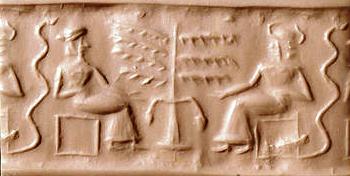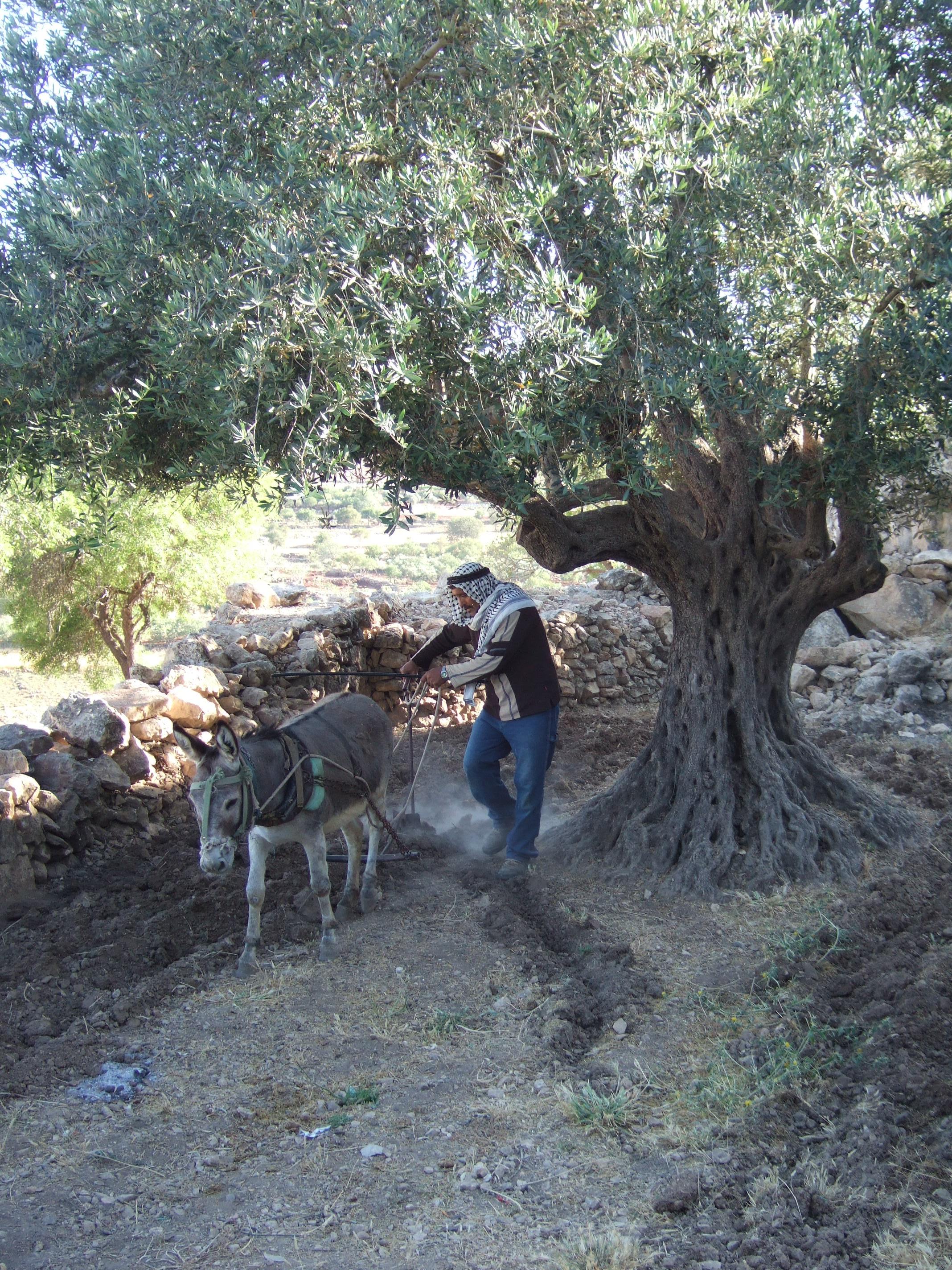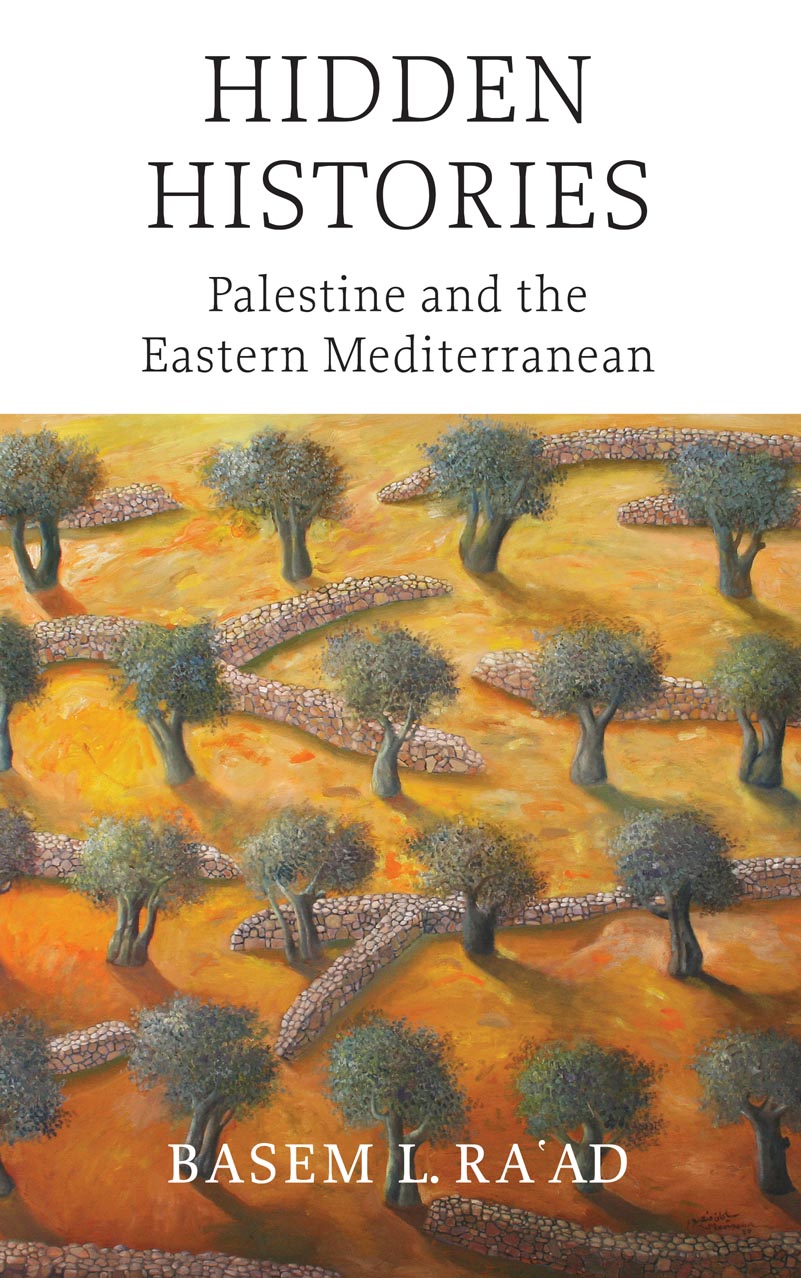Contents
List of Illustrations

Credits
Preface
Need for a corrective history, and what has prevented it; why the term "East Mediterranean" and what it means; centrality of Palestine to epistemological issues worldwide
Introduction: Understanding the History of the Eastern Mediterranean
"Give Me a Book To Read": why this book now; existing paradigms, complexes and investments preventing new knowledge, keeping old ignorance by circumlocution or deception; problems of historical conceptions; challenges to common notions needed; methods employed to fill gaps: extrapolate from existing scholarships, realize significant discoveries, and use popular culture; how the book is organized
Part One: Ancient Myths, Religions, and Cultures

1 "Canaan Nails": Idealized Perceptions and Their Uses
Name of a nail-manicure salon in the U.S.; "Canaan"/"Canaanites," ideal land and demonized people; as metaphor, as colonial model; constructs, tropes, terminologies ("Arab," etc.), euphemisms; "Western civilization" defined; "Holy Land" uses; paradigms at work; scholarly agendas; antecedents; politics of ancient languages; regional continuity
2 Polytheistic Origins of Monotheism
How "a mythology reflects its region"; desert and vegetation; peculiar nature of mythological development in Greater Syria, in comparison to others (like Mesopotamia, Egypt, India, etc.); Cana'anite pantheon as origin of various monolatries and other religions; antecedents and links muffled; key discoveries and epigraphic cruxes; Dead Sea Scrolls and Bible translations; El and Yahweh; pagan Christ
3 Sacred Sites, Pagan Roots
Invention of sacred sites; historical evidence of using previous pagan sites, or their recent evolution; present, as past, exploitation for political purposes; Helena; Hebron; Western Wall; other sites; Melville and Twain
4 Ugaritic Revelations: What An Ancient City Tells Us
How discovery of Ugarit is significant to Palestine; Ugaritic mythology in relation to biblical narratives; 'Anat and Ba'al; relation of present Arabic to ancient Ugaritic sound system; implications
5 Wheels of Fortune: The Alphabet
Origins of the alphabet; ironies in how its inventors are treated; use of euphemism, biases, and credit-taking in scholarly agendas; claims; potential for future use of writing
Part Two: Modern Myths and (De)Colonized History

6 "Last of the Phoenicians": Identity Questions
Fallacies of how ancient links are fabricated, real ones forgotten; critique of identity construction; "Phoenicians" are Cana'anites; Israelites are not Jews; present Jews are not ancient Jews; identity traps; Palestinian identity
7 Appropriation: Zionist Cultural Takeover
The question of who is native in Palestine; benign and insidious forms; how earlier claims of ownership are similar to and different from Zionist claims; foods and plants; embroidery; appropriative psychology; irony of "sabr" as "plant of ancestors"; takeover of region, its ancient cultures and languages; money (the shekel); farming terraces; invisibility of owners; legal assumptions; means to reverse appropriation
8 Self-Colonization: Symptoms and Outcome
Dangers in self-colonization more serious than colonization; doing and internalizing what benefits the colonizer, against the interests of the colonized; examples; colonizing traps; academic colonization; local academics and foreign institutions; tourist information; educational curricula; decolonizing the mind
9 Cats of Jerusalem
Cats as metaphor for their environment; historical and literary cats; pet cats; the Paris cat massacre; Old Jerusalem cats; insularity; power cats and their trickery
10 Politics of Place Names
Place names in Palestine as central; "naming and unnaming" as colonial or fascist policy; analysis of ancient names and language closest to the original; ancient Egyptian and other records; preservation in Arabic; transcription errors in Hebrew and Western languages; fallacies in Israeli and Western scholarship; alternative voices; current political impositions on the map; map for the future
11 Epilogue: Retrieving the Ancient Subaltern
Unrecognized connections to the past; invisibility of Palestinians in travel writing and portrayal of land; Western and Zionist ethnography; sacred geography and topomania; Palestinian ethnography; old gods live on in language and customs; common expressions; farming practices; future outlook and recognitions.
Published by Pluto Press (2010). Available now in good bookstores and the following online retailers, among others:
